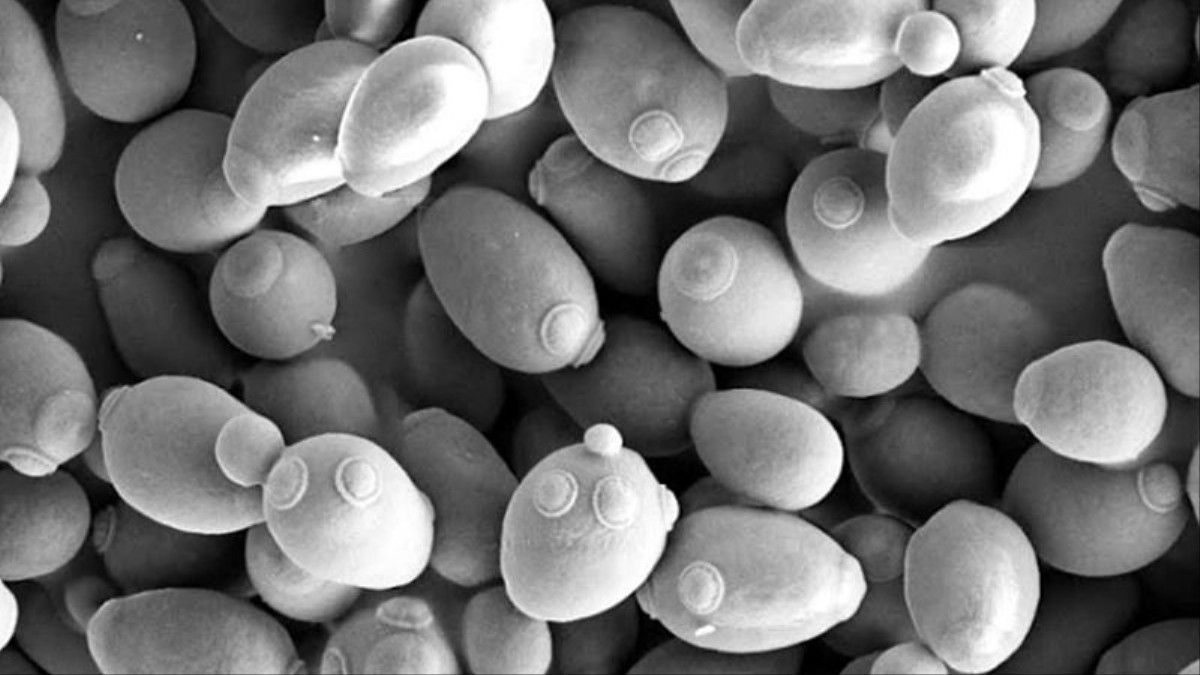http://grapeseed.bio/uncategorized/ichor-announces-1m-life-s…-syracuse/
_______


The United States is still the preeminent location for scientific research, but this is not a given, and we should not take it for granted. The new policies being implemented by China, and especially their ambition to attract outside talent, could quickly drain the lifeblood of our scientific institutions. Without a determined effort to attract, support, and retain leading researchers, we cannot expect to drive the breakthroughs, technologies, and medicines of the future. Massachusetts has admirably made a strong commitment to biotechnology through the Life Sciences Initiative. But will this be enough to sustain the scientific ecosystem of the entire country?
The United States is in danger of losing its primacy in scientific research.
The July edition of the Journal Club has us taking a look at a recent paper that casts doubt and concern over the use of CRISPR Cas9 for gene editing.
If you like watching these streams and/or would like to participate in future streams, please consider supporting us by becoming a Lifespan Hero: https://www.lifespan.io/hero
The paper we are discussing can be found here: https://www.nature.com/articles/nbt.
These soft robot spiders could change how doctors perform surgery.


For centuries humans have sought the ‘elixir of life’ – a mythical potion that supposedly would grant the drinker eternal life.
Now Exeter scientists believe they may have found the secret to a longer, healthier life.
New compounds developed and tested at the University of Exeter have brought the dream a step closer and paved the way for “anti-degeneration” drugs that could not only extend life, but also extend health and may help treat age-related diseases like cancer, dementia and diabetes.

The compounds — AP39, AP123 and RT01 — have been designed to selectively deliver minute quantities of the gas hydrogen sulphide to the mitochondria in cells and help the old or damaged cells to generate the ‘energy’ needed for survival and to reduce senescence.
In the samples used, the number of senescent cells — older cells that have deteriorated and stopped dividing — was reduced by up to 50 per cent.
The team also identified two splicing factors — a component of cells — that play a key role in when and how endothelial cells become senescent.

New research suggests that a certain kind of ultraviolet light could help in the fight against antibiotic resistant bacteria.

A team of researchers from several institutions in Iceland and the U.S. has conducted a unique blood serum investigation and discovered multiple protein networks that are involved in the aging process. In their paper published in the journal Science, the group describes their study and what they found.
Prior research has shown that when older mice have their blood systems connected to younger mice, the older mice experience improvements in age-related organ deterioration. This finding has led scientists to suspect that aging might be caused by something in the blood. In this new effort, the researchers sought to test this idea by studying proteins in the circulatory system.
The study consisted of analyzing blood samples from 5,457 people living in Iceland, all of whom were over the age of 65 and who were participants in an ongoing study called Age, Gene/Environment Susceptibility. The volunteers had also been chosen specifically to represent a cross section of the people living in Iceland. The major part of the blood analysis involved creating a panel of DNA aptamers (short sequences that bind to proteins) that could be used to recognize proteins, both known and unknown. Blood serum from the volunteers was then compared against the panels and the results were analyzed by a computer looking for patterns.